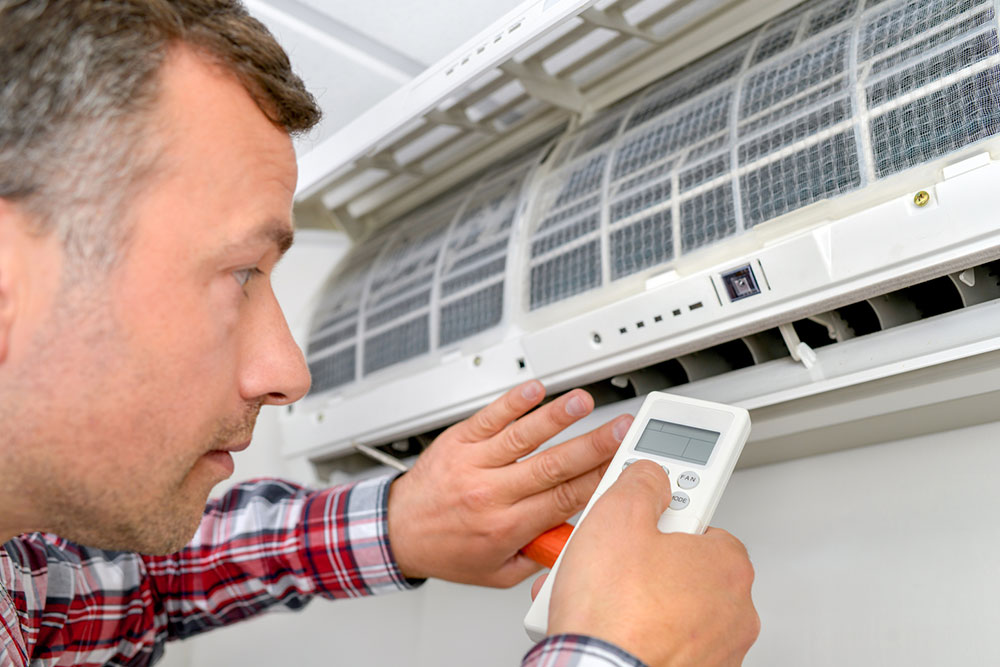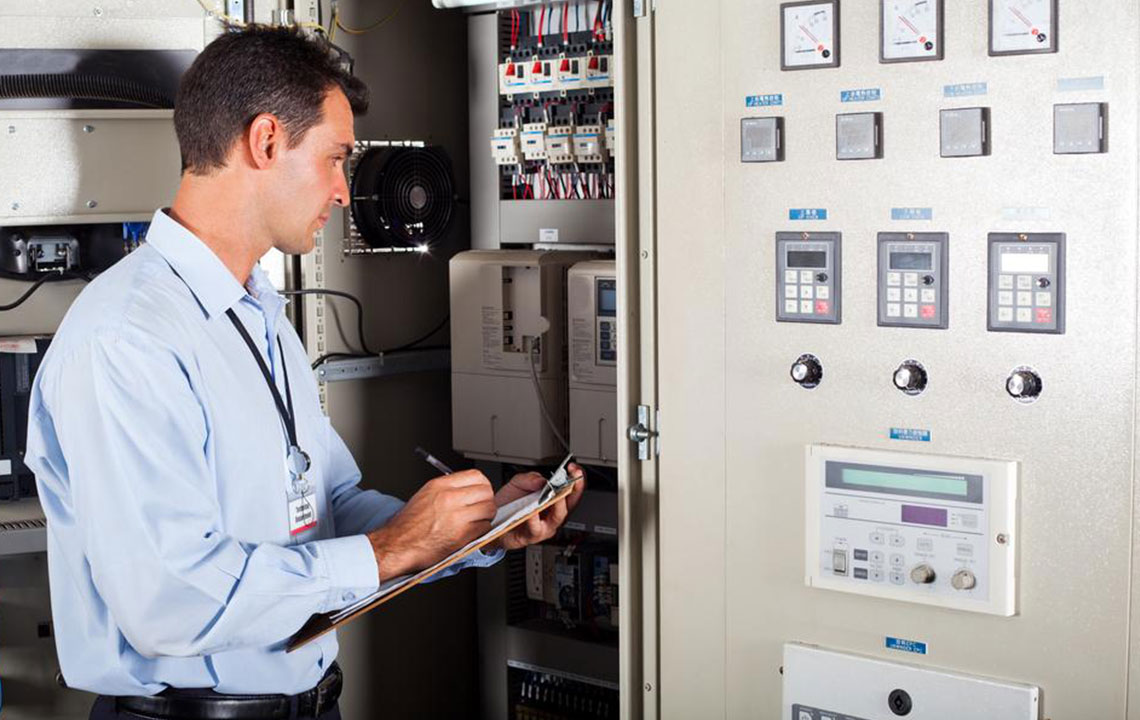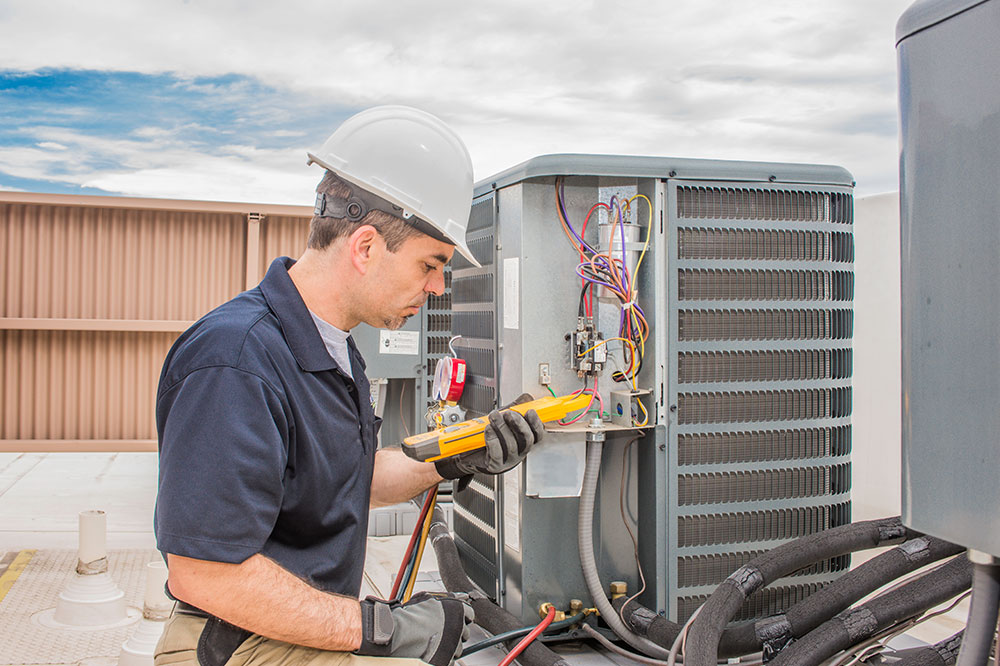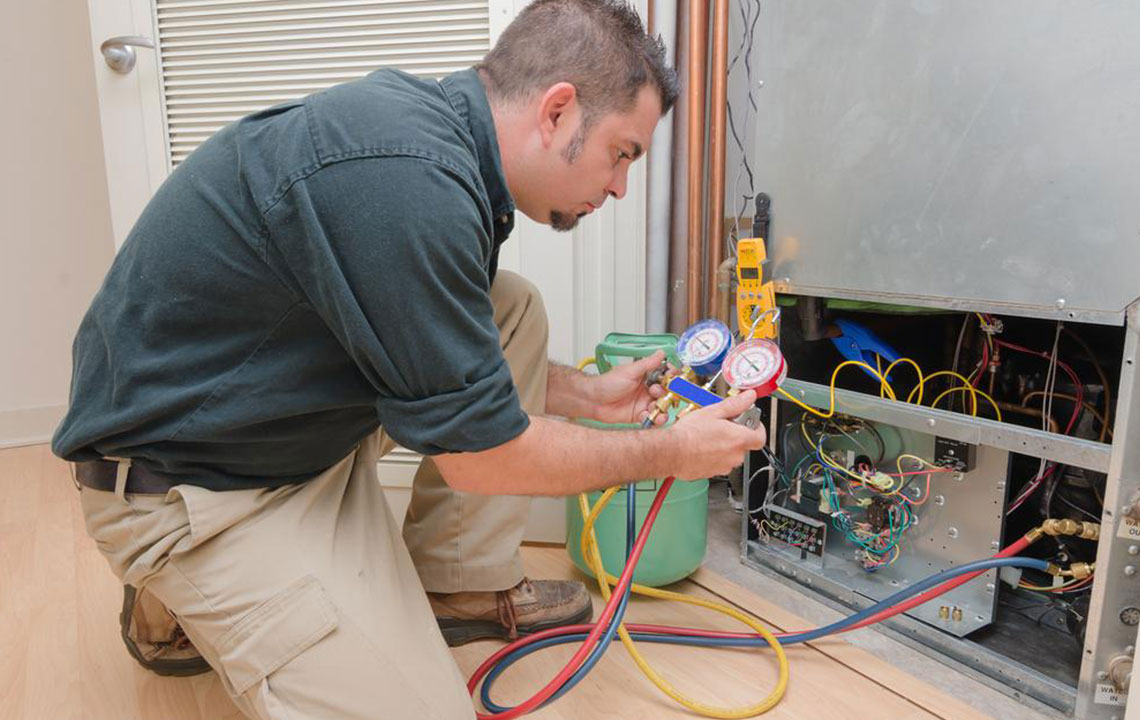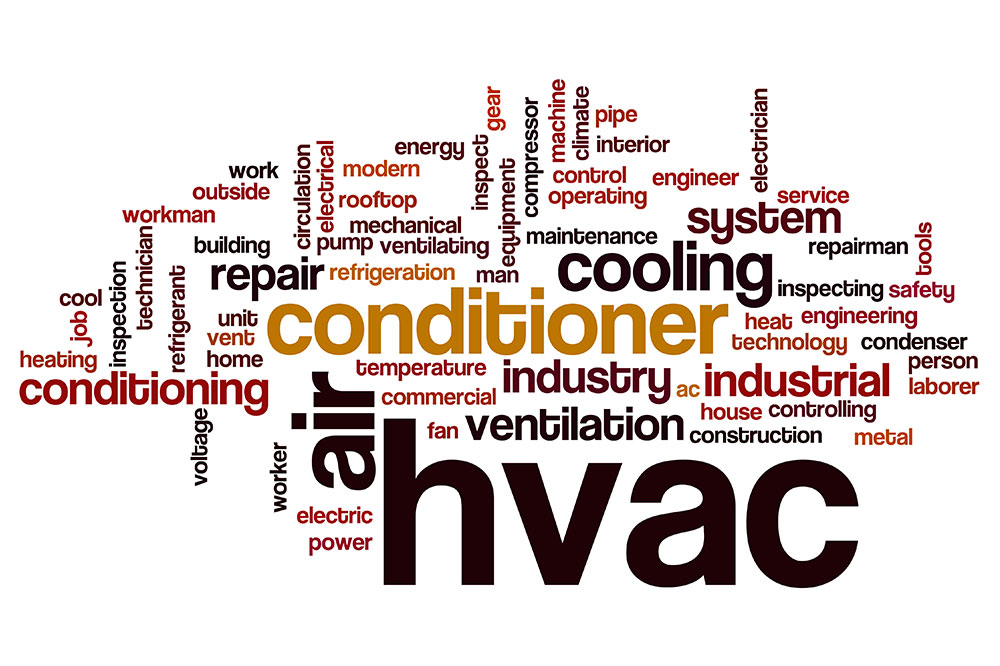Essential Steps to Launch a Career as an HVAC Technician
Learn the essential steps to become a professional HVAC technician, from high school education through training and licensing. Discover how vocational programs, apprenticeships, and certifications pave the way for a successful career in HVAC, emphasizing practical skills and independent operation.
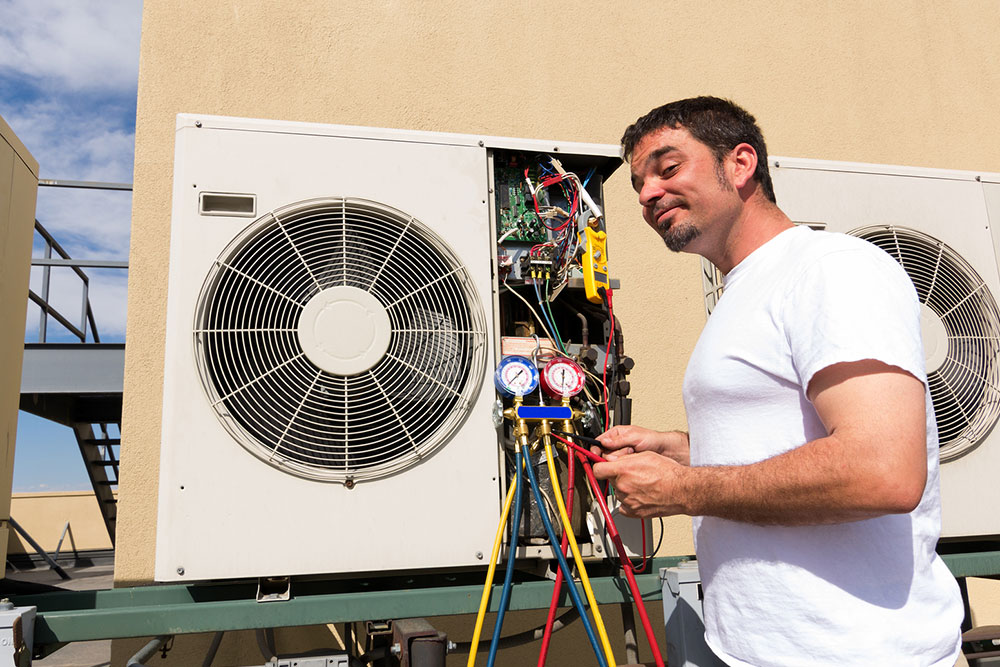
Essential Steps to Launch a Career as an HVAC Technician
A heating, ventilation, and air conditioning (HVAC) technician's role involves installing, maintaining, and repairing HVAC systems. They interpret blueprints, set up equipment, and test components to ensure optimal operation. Here's a comprehensive guide for those interested in becoming an HVAC professional.
High School Education
To begin, students should focus on courses such as chemistry, physics, and computer science. Participating in shop classes or vocational programs related to electronics, mechanical drawing, and blueprint reading can provide practical skills useful in formal HVAC training.
Training Programs and Certifications
Trade schools, technical colleges, and community colleges offer HVAC certification and associate degrees, typically lasting between six months and two years. Courses cover electricity basics, gas properties, boilers, piping, and ductwork, often supplemented with internships for practical experience.
Hands-On Learning
Gaining experience by working alongside seasoned HVAC technicians provides valuable on-the-job training. Beginners can assist with simple repairs, learn circuit testing, and system troubleshooting, gradually progressing to more complex tasks as their skills develop.
Once experienced, individuals can operate independently as qualified technicians. Enrolling in self-study courses can further enhance readiness.
Apprenticeship Programs
Many local industry associations offer apprenticeship opportunities that combine paid work with training. These programs typically last 3-5 years, culminating in certification and practical expertise.
Licensing Considerations
Obtaining the necessary license is crucial for performing independent work. Licensing requirements vary by state and are vital for handling systems without supervision.

